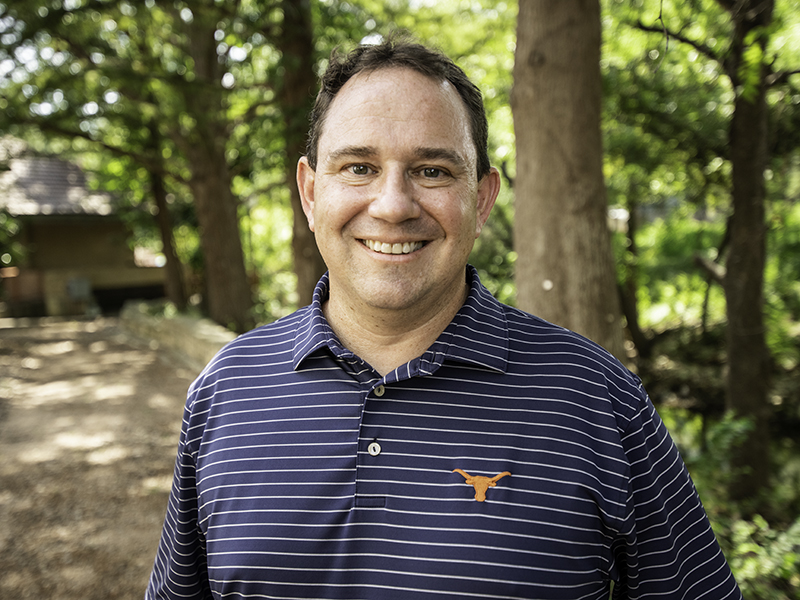Michael Webber, who holds a dual appointment in the Cockrell School of Engineering’s Walker Department of Mechanical Engineering and the LBJ School of Public Affairs at The University of Texas at Austin, was selected as the Energy Thought Leader: Higher Education for The American Energy Society’s 2024 Energy Awards.
These awards serve as a spotlight for the most extraordinary contributions to energy and sustainability. Webber was recognized for his unique career trajectory including private industry, academic appointments and a wide array of side hustles.

“I feel very honored and humbled by this award,” said Webber. “It is really a tribute to, and recognition of, all the work my students and research collaborators have done over the years to help industry, inform policymakers and educate the public on complex energy issues.”
In addition to his role as a faculty member, Webber previously served as CTO of Energy Impact Partners, a $5 billion cleantech venture fund focused on investments in cleantech and climate tech startups. Furthermore, from 2018 to 2021, Webber was based in Paris, France, where he served as the chief science and technology officer at ENGIE, one of the world’s largest energy companies. He currently serves on the Scientific Advisory Council for ENGIE and on the board of GTI Energy.
Webber has authored or co-authored more than 600 publications, including five full-length general interest books, and holds six patents. His book “Power Trip: The Story of Energy” was adapted into a PBS series spanning two seasons. This series, along with his documentary “Thirst for Power” and television special “Energy at the Movies,” has been recognized with six Telly Awards for excellence in television.
Over the course of his career Webber has positioned himself as a thought leader in his field by attempting to bridge the divide between policymakers and academics for issues related to energy and the environment. This is the focus of the Webber Energy Group, made up of undergraduate, graduate, and professional academic researchers from a variety of engineering, policy, and scientific disciplines.
“To me, being a thought leader means that as a group of scholars, we can develop solutions to vexing problems and then disseminate those new facts and findings to a wide audience by direct classroom instruction and through public seminars, general interest essays, television documentaries and media interviews,” explained Webber.
